|
19th October 2021 Tuesday evening has come around again and we're at The Sovereigns with the Woking Gaming Club. The first game of the night was Unearth; a dice-rolling, worker placement game set after a distant apocalypse where players command a band of 'delvers' searching for lost wonders of the long past age. Basically archaeologists sans the bullwhips and giant rock chases! What's in a game?
For the ruins cards, Unearth uses some distinct eye-catching colour palettes and isometric cuboid artwork to depict the long destroyed structures. For the delver cards, an almost cartoony style is used to illustrate the workers/dice. Overall, I like the art style. The game doesn't make much use of iconography, what there is of it is pretty simple to comprehend. How's it play? Setup
On to play In Unearth, players take turns and are attempting to use delvers to acquire sets of ruin cards, that is place rolled dice on ruins card and also build wonders by accumulating and placing stone. Broadly speaking there can be 2 phases that the active player acts in, the delving phase and the building phase.
Endgame Play continues until the end of age card is revealed, any instructions on that card are immediately resolved, then play continues until all ruins cards have been claimed. Players then score for each set of the same colour they've collected. Sets range from 1-5 cards and score 2-30 points per set. there are also points for sets of each colour collected. Players can then score points from the individual wonders they've built, they also score for building 3 or more wonders. Points are tallied, highest score wins. Overall
The sum of Unearth's parts make it a fairly unusual game. It provides 2 distinct paths to scoring points and neither can be entirely ignored. Set collecting is one way to earn victory points and the card collecting mechanics are quite solid, giving players who fail to acquire a card some sort of other benefit and the range of dice available to players that give them a couple of options is key to this. Players can play for the card or try and play for the stones - the eight-sided die has a slightly better chance of roll higher than a six-sider and four sided die has a 75% chance of rolling 3 or lower, they each give advantage but don't guaranteed success. The other path to victory points - building wonders requires players to both plan ahead and also adapt to opportunities and changes as they appear, collecting stones of a particular colour can always prove tricky, especially if another player is also on the hunt for stone tokens. There are also some restrictions on how stone tiles are placed and depending on what a stones a player is trying to get, placing them may require a small amount of planning and forethought. I found Unearth a little unengaging and I can't quite put my finger on why, maybe it's the game's slightly abstract nature or maybe that it feels like little is ever happening. Very little seems to occur in a player's turn, quite often a player rolls a dice and there's no immediate effect, sometimes they get a stone, sometimes they don't, occasionally they get a ruins card. Often it felt like that despite my decisions, little was in my control. All of this makes the game sort of light on decision making. Players choose which ruins card to gamble a doe on and when to use a delver card, or where to place a stone token when they gain one and that's about it. There's just not that much to it. I can't find much to fault Unearth but then I can't find much to praise it either. It's all a little unexciting.
0 Comments
Leave a Reply. |
AuthorI play, I paint. Archives
March 2024
Categories
All
|

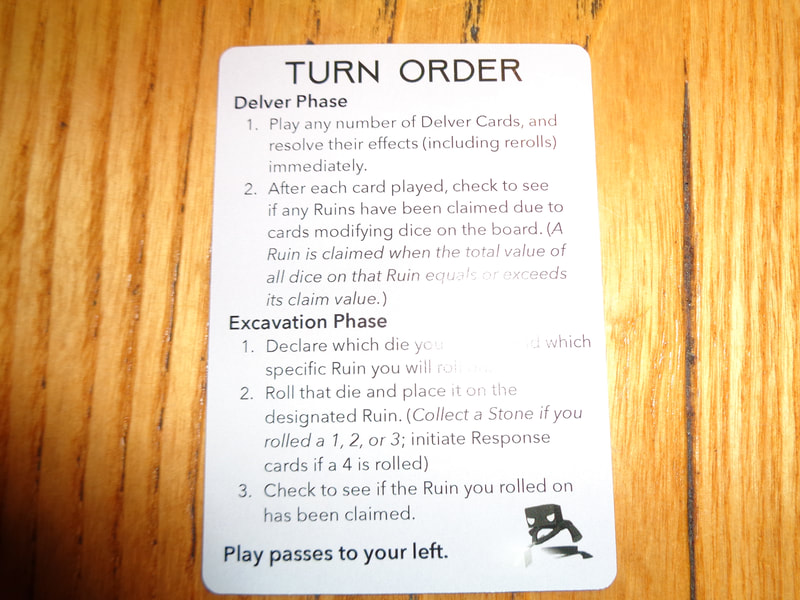
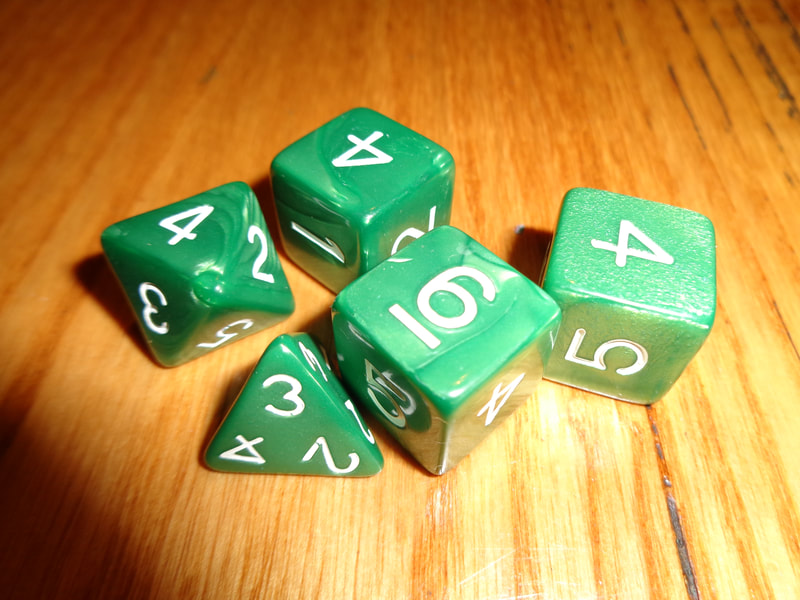
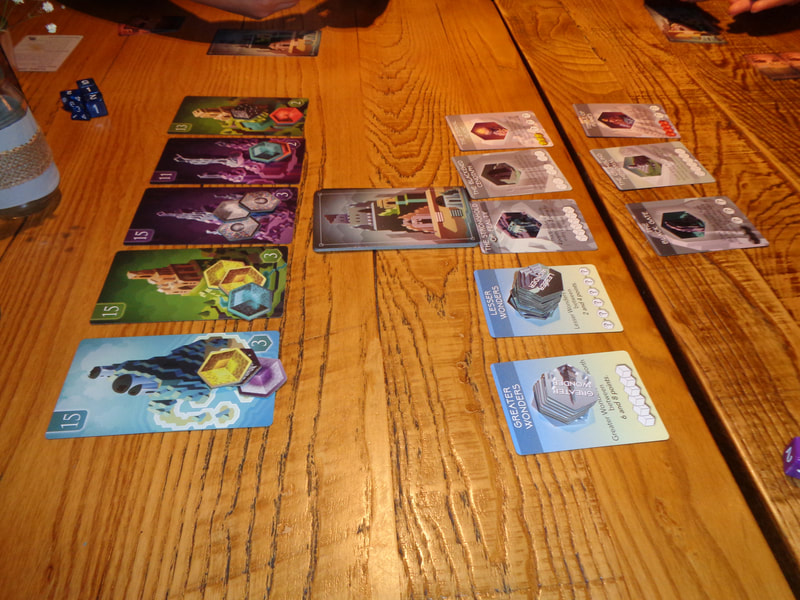
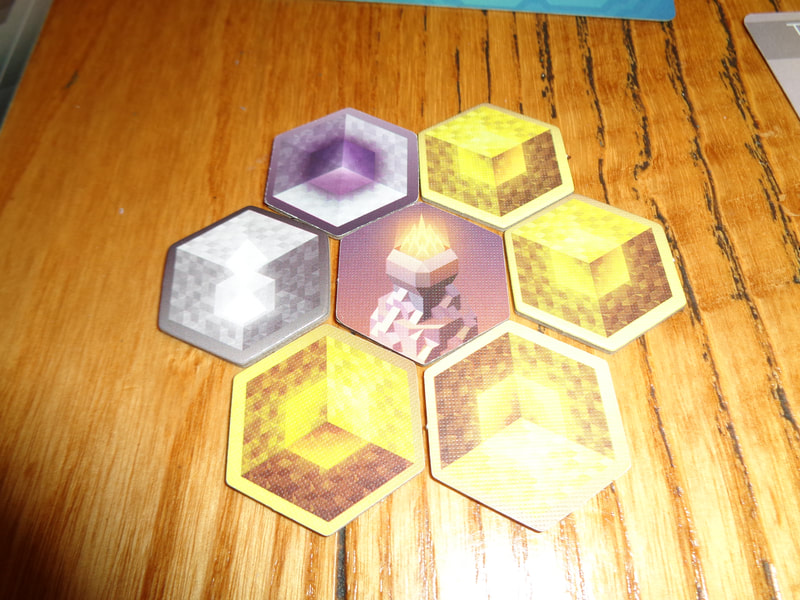
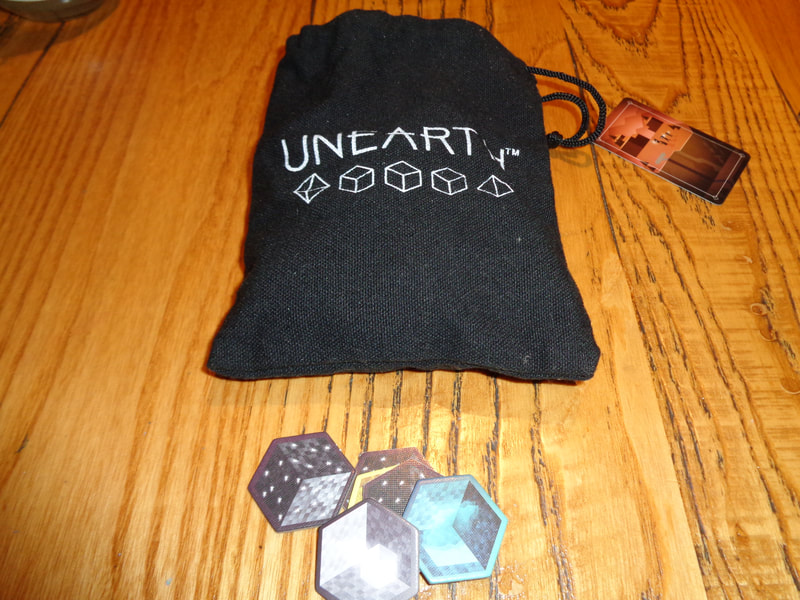
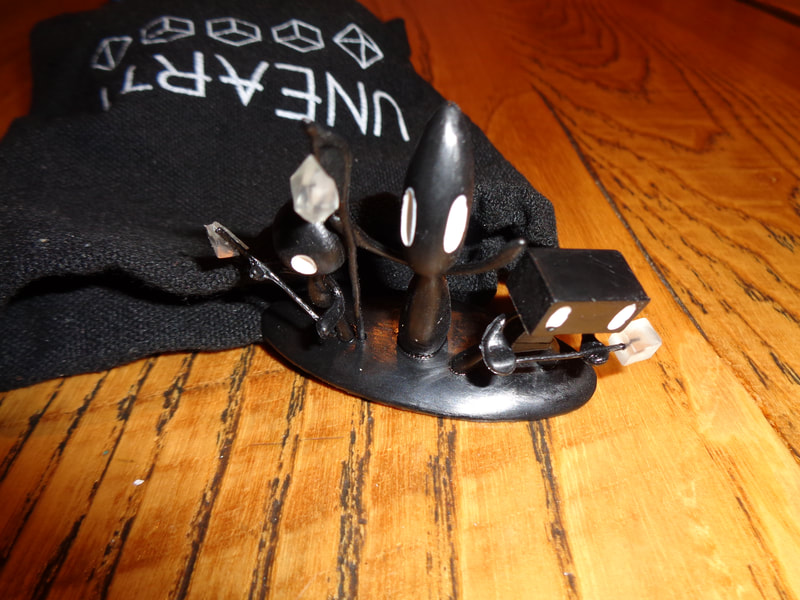
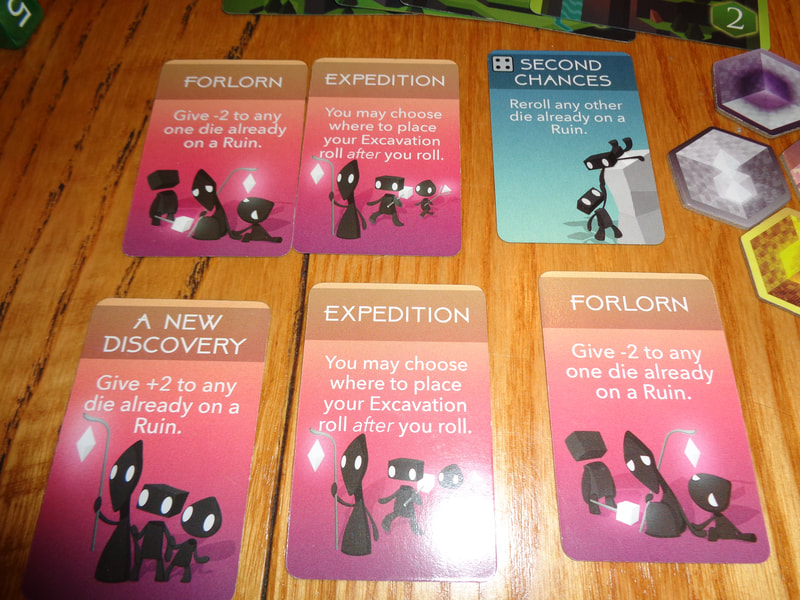
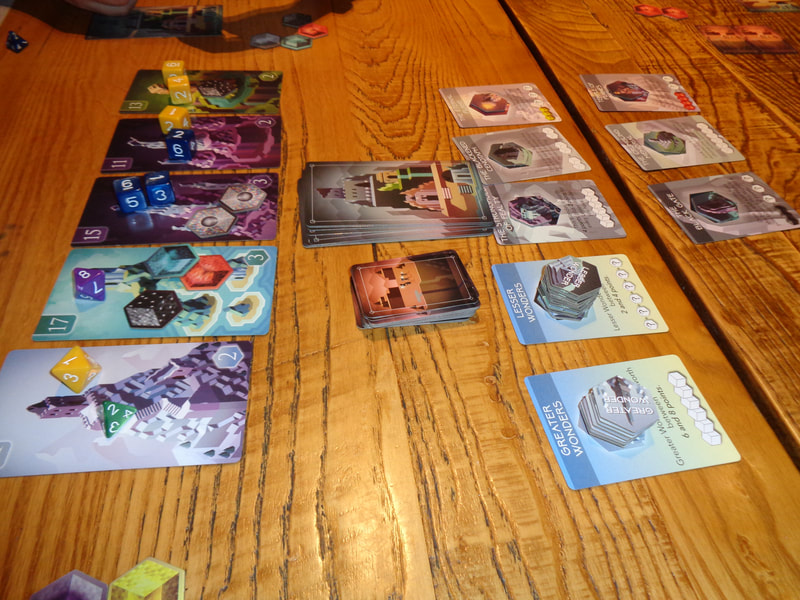
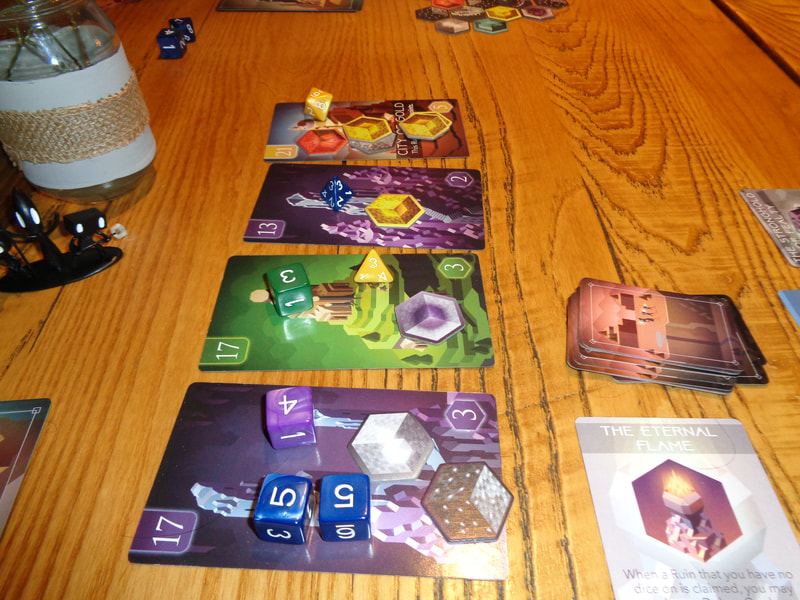
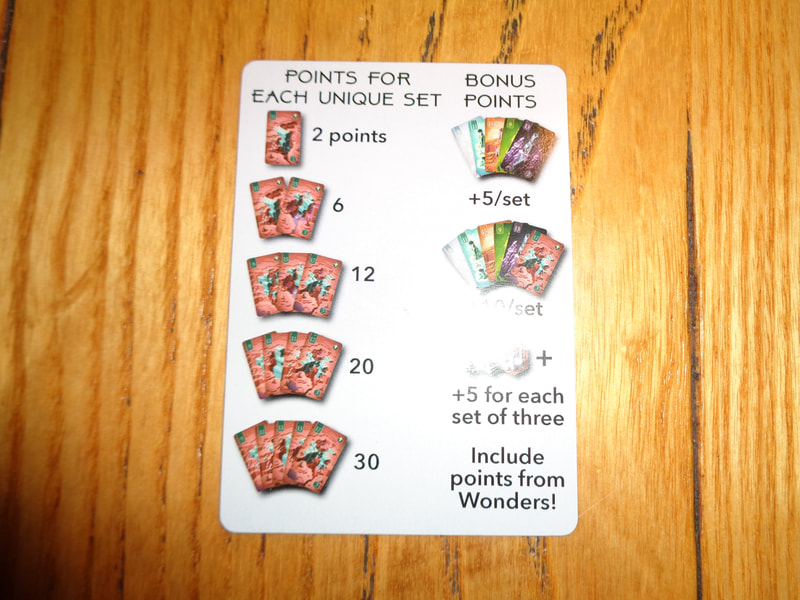
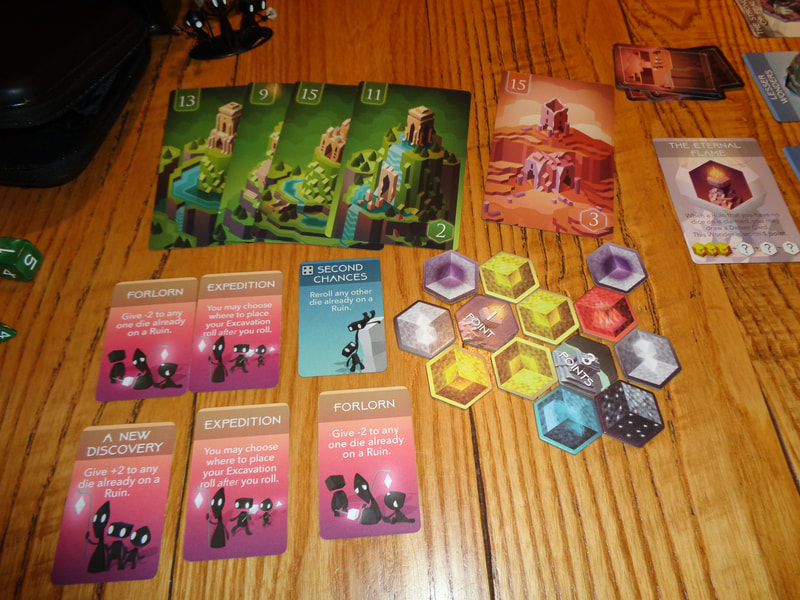
 RSS Feed
RSS Feed
